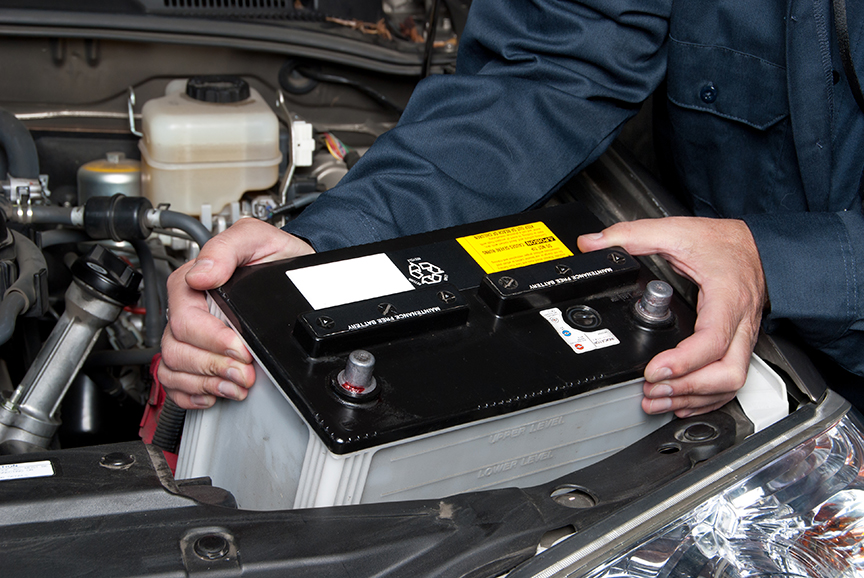Your car battery is the power source for starting your engine and running various electrical components. Understanding its typical lifespan and recognizing the warning signs of a failing battery can help you avoid unexpected breakdowns and ensure your vehicle starts reliably.
Typical Car Battery Lifespan:
The average lifespan of a car battery is 3 to 5 years. However, this can be influenced by factors such as:
- Climate: Extreme temperatures (both hot and cold) can shorten battery life.
- Driving Habits: Frequent short trips may not allow the battery enough time to fully recharge.
- Electrical Load: Vehicles with many power-hungry accessories can put more strain on the battery.
- Maintenance: Proper maintenance, such as keeping the terminals clean, can help extend battery life.
Replacement Guidelines:
- It’s generally recommended to replace your car battery every 3 to 5 years.
- After the battery reaches its third year, consider having it inspected annually by a professional to identify potential issues early.
Key Warning Signs of a Weak or Failing Car Battery:
- Slow Engine Cranking: The engine turns over slowly and struggles to start.
- Dim Headlights or Electrical Issues: Lights appear dimmer than usual, or other electrical components (like power windows or the radio) operate sluggishly.
- Clicking Sounds When Starting: You hear a rapid clicking sound when you turn the ignition key, but the engine doesn’t crank.
- Frequent Need for Jump-Starts: If you find yourself needing to jump-start your car frequently, it’s a strong indication that your battery is failing.
- Bulging Battery Case or Unpleasant Sulfur Smell: These are signs of a potentially dangerous battery issue and require immediate attention.
- Battery Warning Light Illuminated: The battery warning light on your dashboard can indicate a problem with the charging system or the battery itself.
Proactive Tip:
If your car battery is approaching five years of age or you notice any of the warning signs mentioned above, have it tested by a qualified mechanic. Proactively replacing a weakening battery can prevent the inconvenience and potential safety hazards of an unexpected breakdown.


